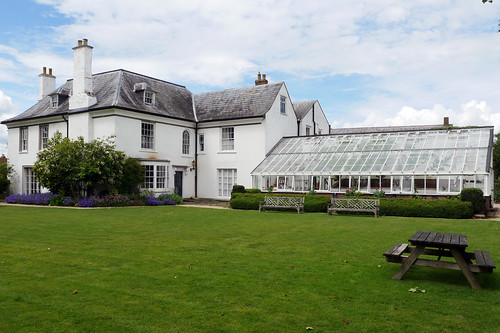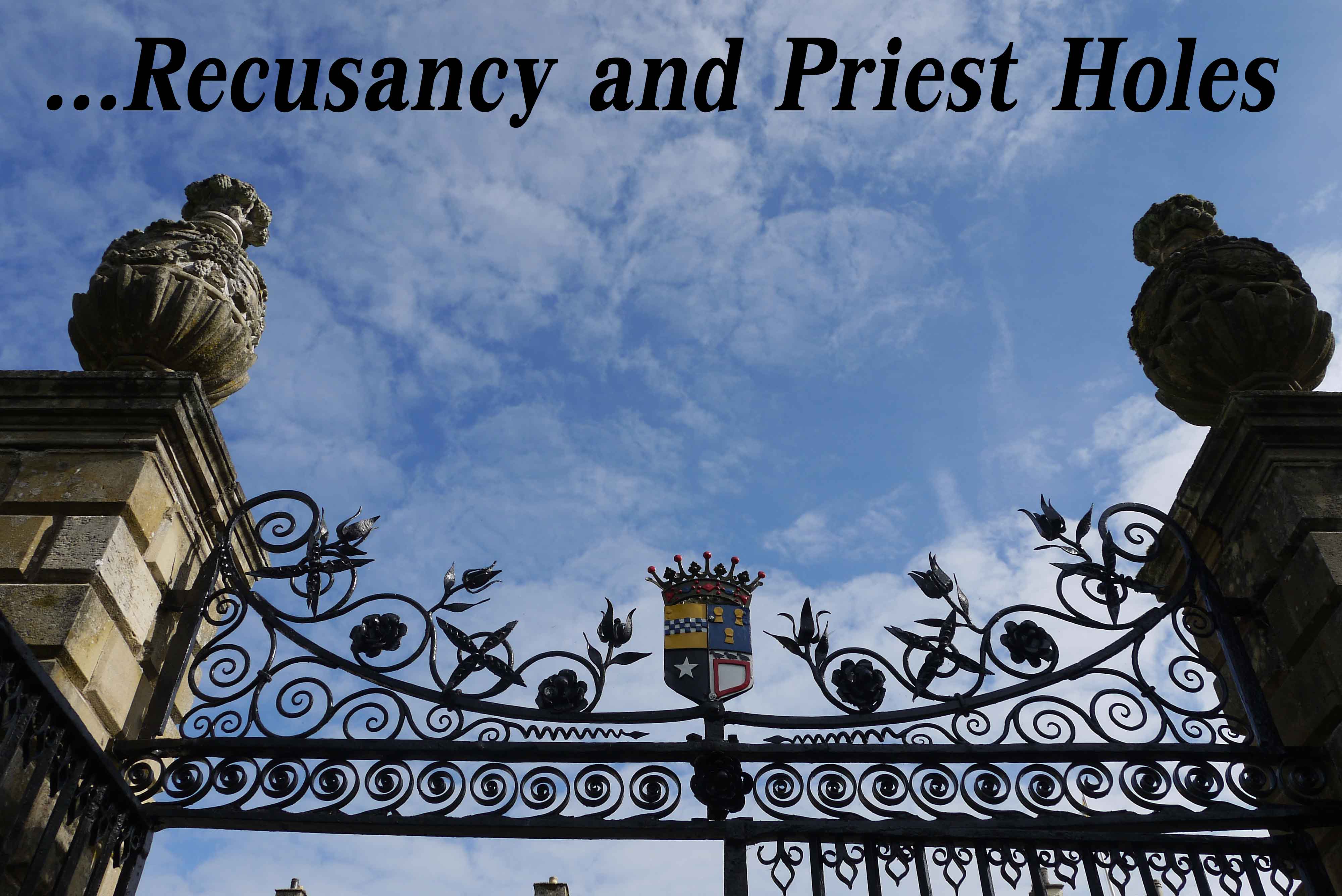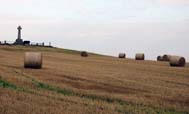…the birthplace of vaccination
On my first visit to Berkeley Castle in 2019 I visited the adjacent museum that was formerly Dr Jenner’s house. The museum displays explain how he became the pioneer of vaccinations. He experimented with the mild disease of cowpox leading him to find way to counteract the devastating disease of Smallpox.
The smallpox vaccine, created by Edward Jenner in 1796, was the first successful vaccine to be developed. He observed that milkmaids who previously had caught cowpox did not catch smallpox and showed that a similar inoculation could be used to prevent smallpox in other people.
In 1798, Edward Jenner published one of the most important documents in the history of medicine. It would save countless lives and change the way we respond to some of our most feared diseases.
Born in Berkeley in 1749, Edward Jenner spent his life making remarkable discoveries, driven by an intense curiosity about how everything worked and a desire to make the world a better place.In 1798 he published An Inquiry into the Causes and Effects of the Variolae Vaccinae, a Disease discovered in some of the Western Counties of England, particularly Gloucestershire, and known by the name of the Cow Pox, making known his investigations into how a mild disease, cowpox, could protect against the horrific smallpox virus. From the Latin word vacca, meaning “cow”, he called this new practice vaccination.
Jenner devoted the rest of his life to helping others to carry out the practice and ensured that it was available free of charge to those who needed it most, converting a garden summerhouse into the world’s first vaccination clinic. Jenner called it the Temple of Vaccinia.
Vaccination was soon being practised around the world and lives were saved. In 1966 the World Health Organisation decided to try to eradicate smallpox worldwide. Medics and scientists from all nations worked together to identify and trace cases of smallpox before vaccinating those who were at risk. By 1979 there were no new cases: a huge international effort had brought about the culmination of Jenner’s work.
But the story doesn’t end there. Inspired by Jenner, researchers continue to find vaccines to protect against other diseases and vaccination now saves between two and three million lives each and every year. It’s one of the greatest discoveries of all, brought about by one man’s curiosity and thirst for knowledge.













Thank you. I have never been to Berkeley Castle, and had not heard of the adjacent museum that had once been Dr Jenner’s house. But I have always admired Dr Jenner enormously, both because of the enormous difference he made to the medical world and because he was very brave. He was ridiculed not only by the great unwashed but even worse, by the medical world.
The museum is full of fascinating information.
On my visit, little did I know that his pioneering work would be needed to counteract a new bug that was blighting humans 7 months later.